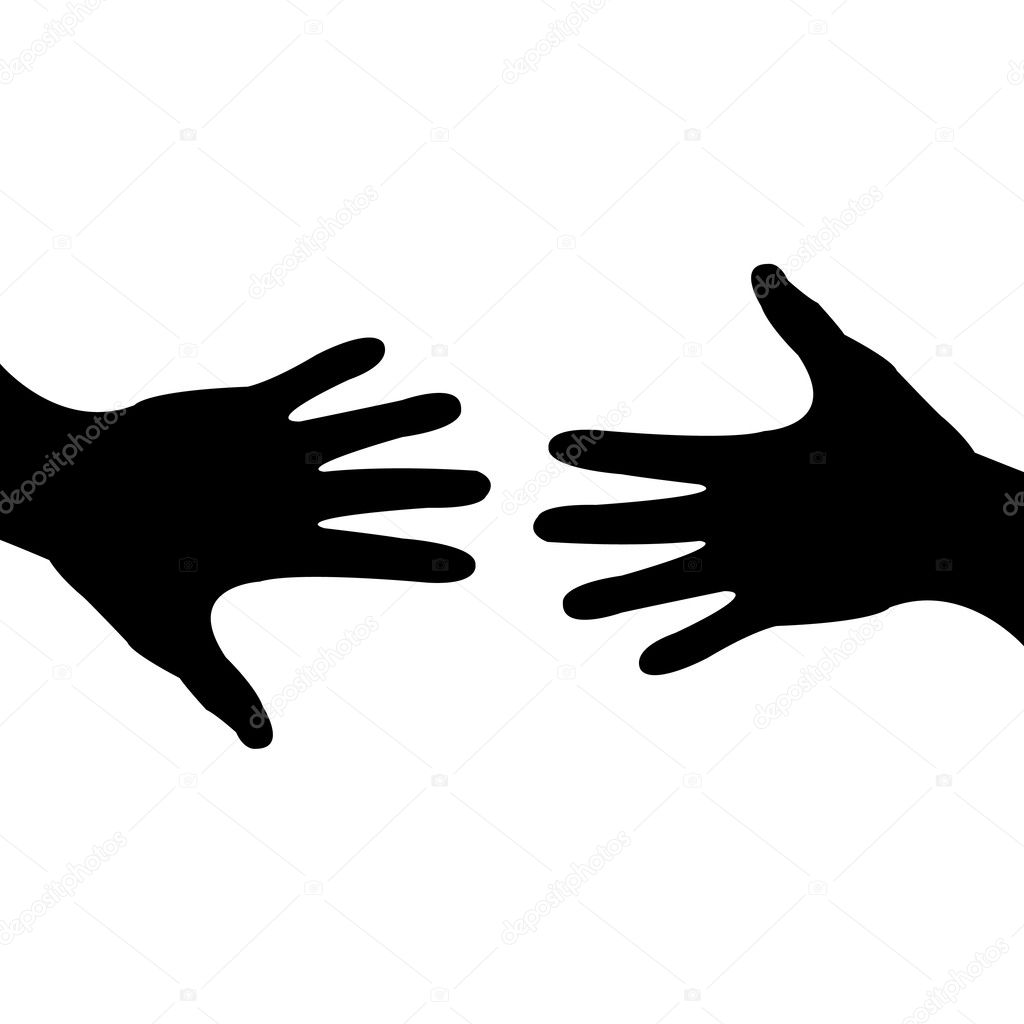
Everyone about my age remembers when Nike’s Air Jordan shoes
first became a thing. It wasn’t just the ‘coolness’ of the shoe or the fact
that Jordan endorsed them, although Jordan’s popularity was the bulk of it. His
athletic dominance night after night turned him into the biggest star in the
biggest sport. Nike’s control of basketball shoes began with a likeable star
and a genius marketing campaign; it continues using the same formula today.
Live sports on TV took a major financial leap in the late
seventies and another in the eighties. Athlete salaries spiked in all three
major sports (basketball, baseball, football) owing largely to television
contracts for professional sports. Big contracts for TV rights ensured that
clubs had larger payrolls. More people watching sports meant more people for
advertisers to sell to.
What better way to
sell products without creating events to market products. Instead of going to
trade shows and marketing new kicks to dealers, well heeled (pun intended) shoe
companies could sell direct. And sell they did.
The Air Jordan taught us that people bought products that
had buzz and not quality. Not saying Michael’s shoe was crap just that its
quality was beside the point. The aggressive marketing and Jordan’s easy charm
sold the shoe more than anything. The sneaker aesthetics played a role, who
didn’t love the black patent leather covering the bottom like a twenties era
spat? Every single new pair looked different than the other models on the floor
at the time. Most basketball shoes were pretty boring until Nike proved it was
possible to sell a colorful trendy high top with some flash.

The Air Jordan became
the “it” product for kids desperate to stay hip.
The original shoes didn’t conform to the league's standard on colors that matched the jersey. So the NBA fined him. Nike picked up the tab
for the fines and used the controversy to spotlight the banned shoes in
commercials. A selling opportunity was born out of an unlikely event.
Jordan the
standout. Nike the rebel.
After that Nike could use release dates to ramp up awareness
of the shoe, a very expensive one for the time. The first model sold at $65. A
sky high sum for the mid-eighties. After the first few models the company made
just enough shoes to keep public interest high. By never making more than they could sell they ensured that interest stayed high and the prices even
higher.
Gaming companies like Xbox and Playstation used to do this
all the time. Create hype over the new system and produce less than you expect
to sell. It does make sense to not overdo a good thing. Overproduction is the death
knell for businesses hoping to keep selling similar models year after year. Too
much of anything in the marketplace drives the cost down making the “it”
product something everyone can buy. Better to make a few and sell them high. Keep
demand soaring like the iconic Jumpman,
always in the air.
Nike knew it had a
gold mine.
The increased money coming in from TV contracts added to
increased visibility of stars able to sell, and sell some more. Jordan never
made a lot of money in salary. Until his last couple years he was between 2 and
3 million a year. His money was through endorsements, none bigger or more
important than Nike.
I read a quote recently from Kevin Durant about Nike’s
popularity. “…Shoe companies have a real big influence on where these kids go.
So, nobody wants to play in Under Armours, I’m sorry. Like the top kids because
they all play Nike.” He was answering a question from Bill Simmons about why he
didn’t want to go to Maryland (his home state school). Maryland is also ground
zero for Under Armour apparel and shoes. I don’t know if Durant is right about
kids not wanting to wear Under Armours, but knowing how Nike does marketing I
wouldn’t be surprised if they set up the question and answer that way. Create doubt about the opponent.
Others have tried to crack the Nike code in basketball and
get their own superstars like Jordan. Under Armour famously signed
Steph Curry away from Nike. Adidas has a few stars, Damien Lillard and James
Harden that show potential. But the battle is uphill for competitors hoping to cash in and create the next "it" shoe. Talented kids are spotted at the AAU(Amateur
Athletic Union) level now and most just before that. The shoe companies sponsor
many AAU teams with free sneakers and gear. Often kids want to remain loyal to
a brand and sign with a college that also wears the same brand. At least that’s
what Kevin Durant suggested. There is no bigger player in the shoe game than
Nike and more teams wearing kicks with the swoosh on them the better it is for
Nike Co. Now the Jordan brand is separate from the parent Nike but still a subsidiary.
Long story short, Nike has been in this ad game for a while
and they don’t take it for granted. Their sales techniques are still aggressive
and they don’t hesitate to use bad press when it fits the situation. It will be
fun to see them loose a little ground to Adidas or Under Armour and keep the
shoe wars hot.
Now
if I could just afford a pair of the new Jordans.




